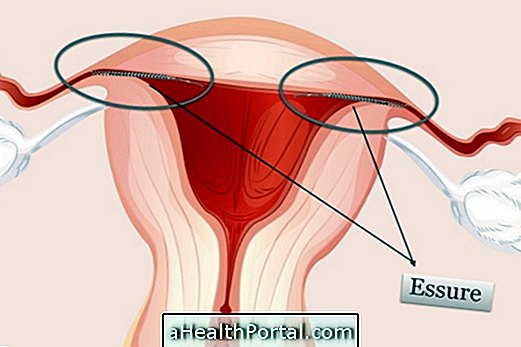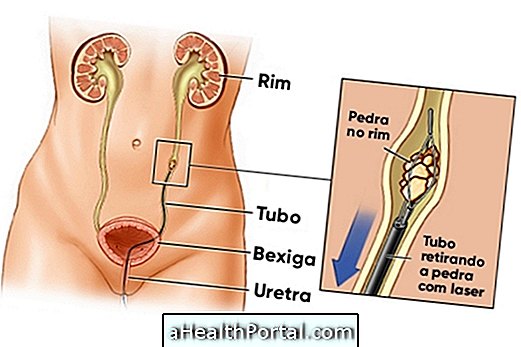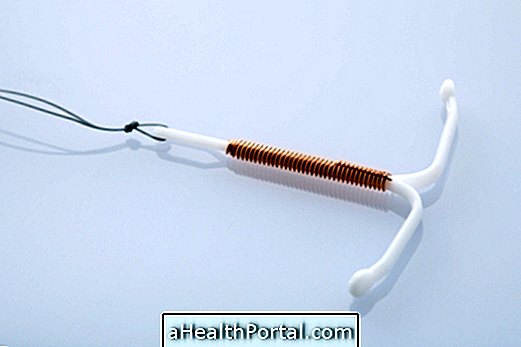Male fertility can be verified through laboratory tests that aim to verify the capacity of sperm production and its characteristics, such as shape and motility.
In addition to requesting the exams, the doctor usually checks the general health of the man, evaluating him physically and conducting the investigation of diseases and possible infections of the urinary tract and testicles, for example. It may also question the use of drugs, illicit drugs and frequent consumption of alcoholic beverages, as these factors can alter the quality and quantity of spermatozoa and thus interfere with male fertility.

1. Spermogram
The spermogram is the main test performed to verify male fertility, since it aims to evaluate semen characteristics, such as viscosity, pH and color, as well as the number of spermatozoa per ml of semen, sperm form, motile and live sperm concentration .
Thus, this test is able to indicate whether there is adequate production of spermatozoa and whether those produced are viable, that is, if they are capable of fertilizing an ovum.
The material for the test is obtained in the laboratory through masturbation and it is indicated that the man does not have sexual intercourse between 2 and 5 days before the collection, besides washing well the hands and the genital organ before the collection. Learn how to prepare for the sperm.
2. Hormone dosing
Blood tests for hormonal dosing are also indicated to check male fertility, since testosterone stimulates the production of spermatozoa, in addition to ensuring secondary male characteristics.
Although it is a hormone directly related to the reproductive capacity of man, the fertility evaluation should not be based only on testosterone levels, since the concentration of this hormone decreases naturally over time, compromising the production of spermatozoa. Learn all about testosterone.
3. Post-coital test
This test aims to verify the ability of the sperm to live and swim through the cervical mucus, which is the mucus responsible for the lubrication of the woman. Although the test aims to evaluate male fertility, the cervical mucus is collected in the female 2 to 12 hours after intimate contact to verify sperm motility.
4. Other examinations
Some other laboratory tests may be requested by the urologist to check the man's fertility, such as DNA fragmentation examination and sperm antibody testing.
In the DNA fragmentation test, the amount of DNA that is released from the sperm and that is in the semen is verified, being possible to verify fertility problems according to the verified concentration. On the other hand, the sperm antibodies test aims to evaluate if there are antibodies produced by the woman that act against the spermatozoa, promoting their immobilization or death, for example.
In addition, the doctor may order a testicle ultrasound to check the integrity of the organ and identify any changes that may be interfering with male fertility or rectal examination to evaluate the prostate.






















